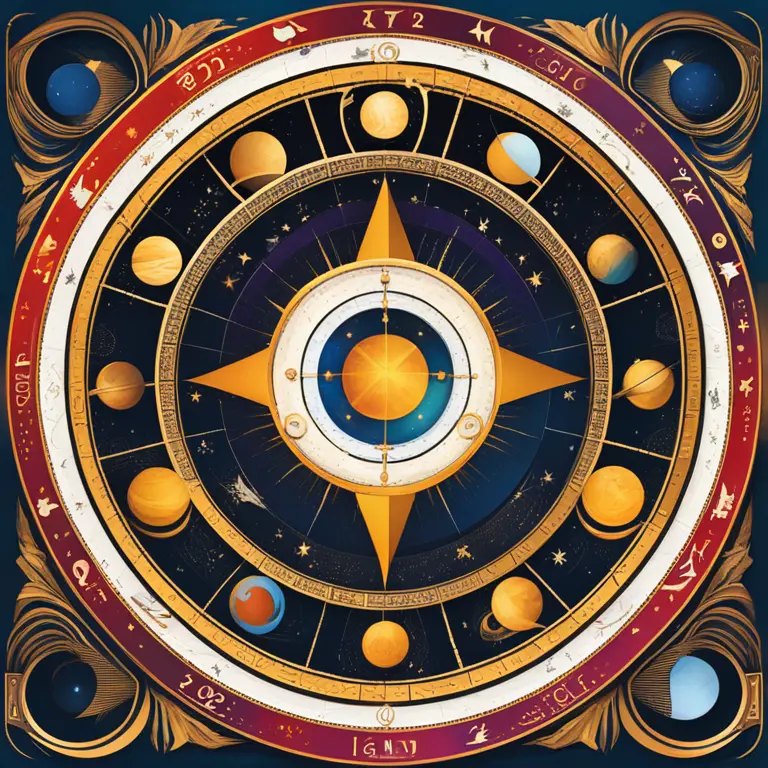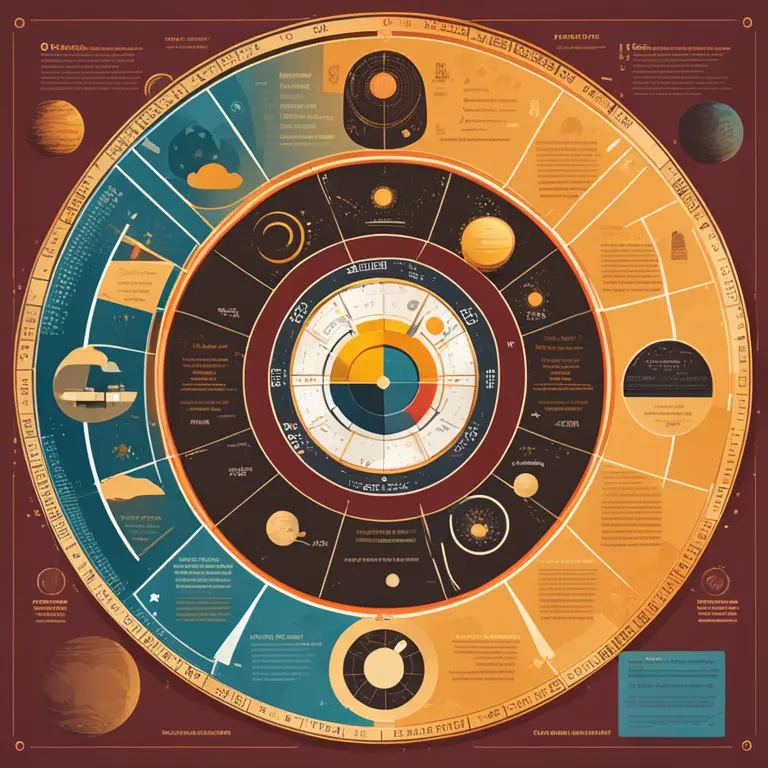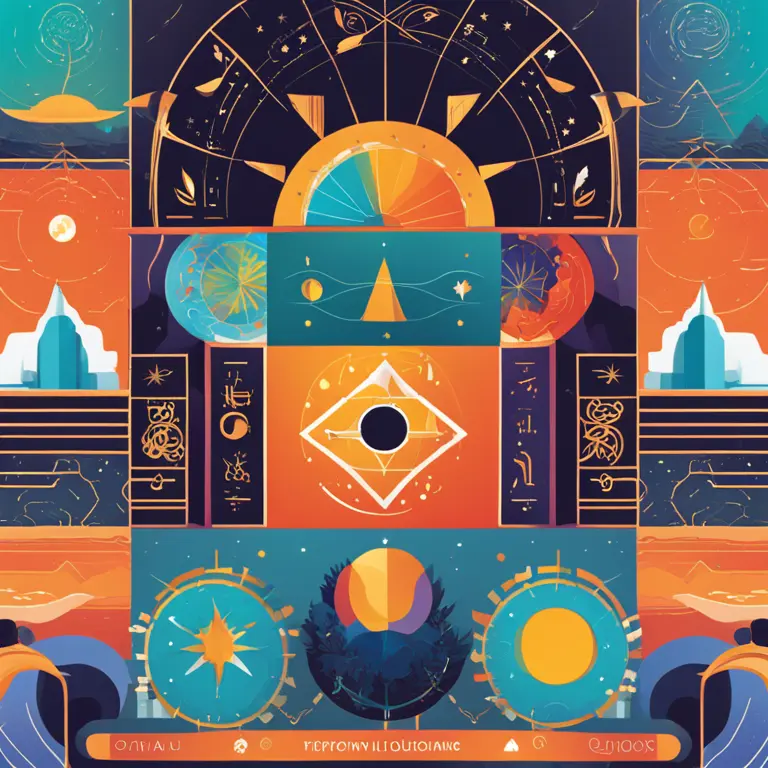
Astrology Readings: Perception vs. Reality
Diving into the validity of astrology readings, this article examines the debate on whether they hold any truth or are simply a placebo.
article by Priya Deshmukh
The Appeal of Astrology
Astrological readings have fascinated humans for millennia, proposing a celestial influence over our earthly experiences. Despite scientific advancements, astrology remains popular, with personal horoscopes and star sign compatibility tests proliferating online and in print. Through an intricate system of planetary positions at one's birth time, astrology claims to offer insights into personality, love life, and even future events. The pressing question for skeptics and believers alike is whether there is any truth to these astrological assertions, or if they are merely the product of an age-old human desire to find order in the chaos of life.

Scientific Scrutiny
For astrology to be recognized as 'real' in a scientific sense, it would need to consistently produce accurate, testable, and replicable results under controlled conditions. Mainstream science often criticizes astrology for lacking empirical evidence and failing to adhere to the scientific method's rigor. Numerous studies have sought to validate astrology's effectiveness, but the outcomes are far from convincing in the scientific community. Researchers cite cognitive biases, such as the Forer or Barnum effect, where individuals believe vague, general statements to be highly accurate for them personally, as possible explanations for astrology's enduring appeal.

Counseling and Comfort
Despite the lacked scientific endorsement, many individuals turn to astrology for personal guidance and comfort. Astrology readings can serve a therapeutic function, offering a unique form of introspection and counseling. By reflecting on the characteristics attributed to their zodiac signs, people often engage in self-analysis, which can lead to a greater understanding of their actions and feelings. This psychological benefit, while not an endorsement of astrology's factual accuracy, highlights its value as a tool for self-exploration and emotional support.

Astrology and Culture
In 2024 and beyond, astrology's cultural impact is undeniable. It's seamlessly integrated into social media, dating apps, and daily conversation, indicating that regardless of its verifiable truth, astrology holds a significant place in contemporary society. People often identify with their astrological signs and attribute aspects of their personalities to their horoscopes. This cultural phenomenon suggests that the "realness" of astrology may be more about its social and psychological resonance than its factual correctness.

The Verdict on Validity
The scientific community remains largely unconvinced of astrology's validity due to the lack of irrefutable proof supporting its claims. Simultaneously, its immense popularity suggests that it fulfills a different type of reality for its followers—one based on personal belief and the human penchant for narrative. While not 'real' in the empirical sense, astrology's psychological and cultural relevance grants it a different dimension of authenticity that endures despite skepticism.
Conclusive Thoughts
In closing, whether astrology readings are 'real' can depend greatly on one's definition of reality. If reality is strictly defined by scientific validation, astrology falls short. However, if reality includes subjective experiences, personal truths, and cultural phenomena, then astrology's realness is less quantifiable and more dependent on individual belief. It thrives as an interpretative framework through which many find meaning and comfort, despite the absence of scientific approval.
Published: 1/12/2024
Modified: 1/12/2024
More predictions
Come back here soon to learn more about yourself and your future


Deciphering The Symbolism Of Tarot Cards
A concise guide to the symbolism and interpretation of tarot cards for insight and divination.


Do Zodiac Signs Reflect Your True Self?
Discover the connections between zodiac signs and personality traits in this insightful look into astrology's relevance to our lives.


The Historical Journey of Zodiac Signs
Embark on a historical journey to discover the inception of the zodiac signs and their influence on astrology today.